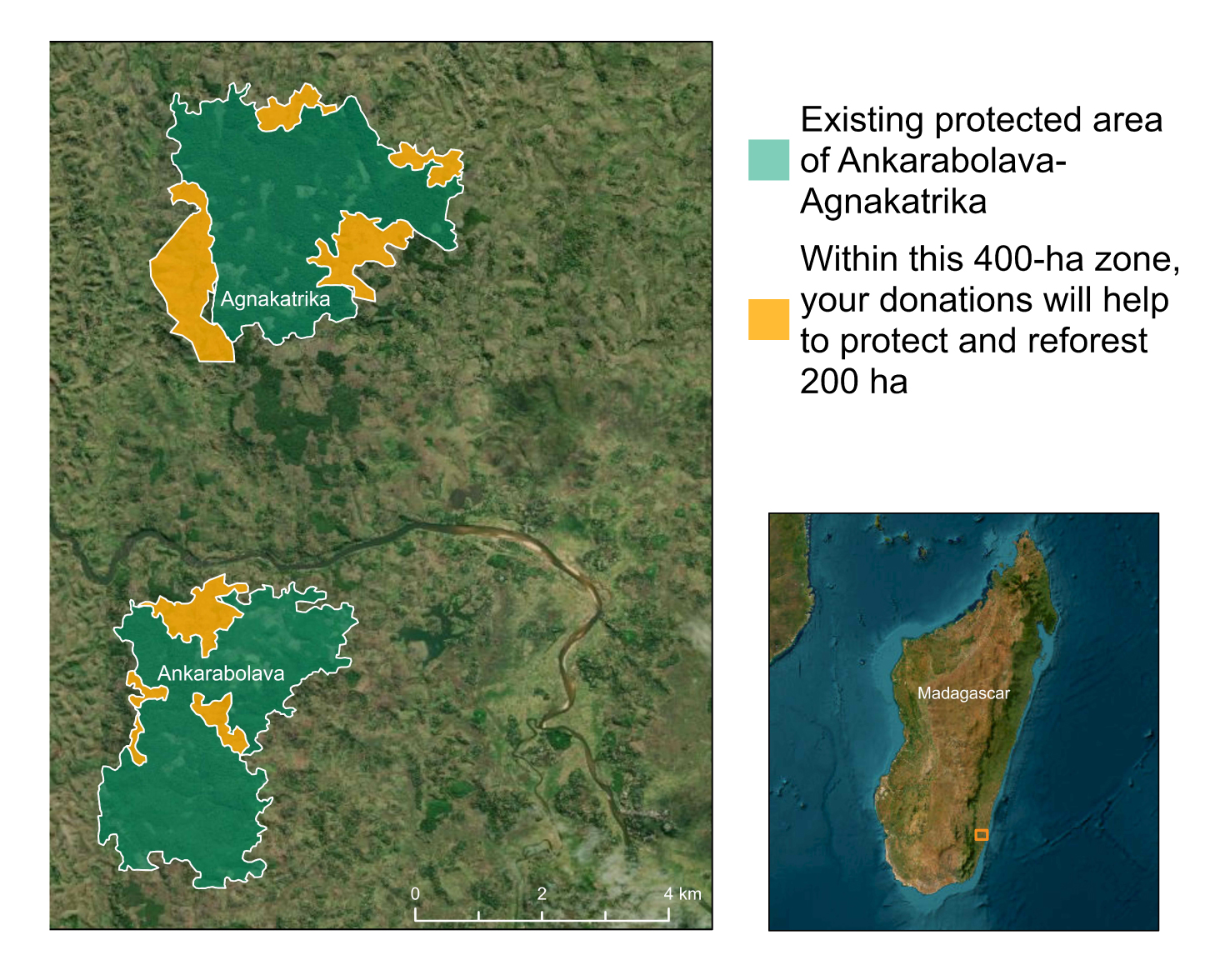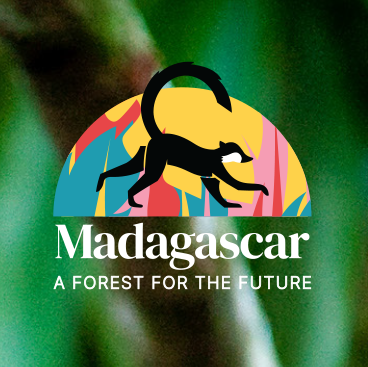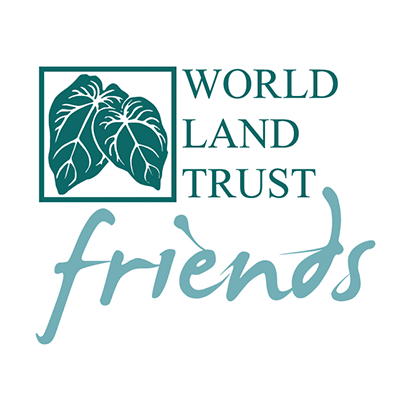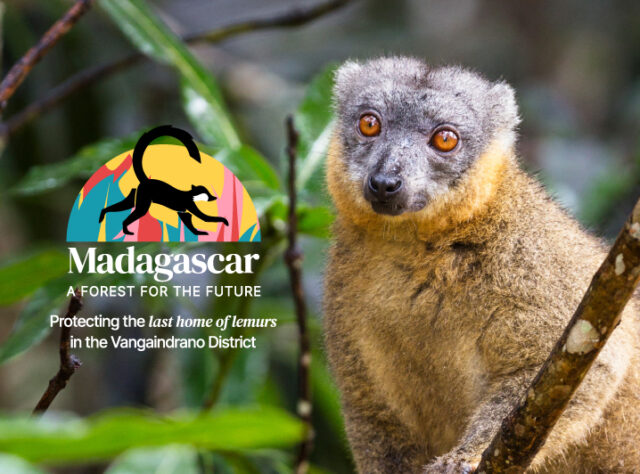
Madagascar is home to many evolutionary wonders which have been shaped by over 88 million years of geological separation, giving it its megadiverse status. The humid, evergreen forests of Ankarabolava-Agnakatrika in south-eastern Madagascar are of particular importance to the island’s biodiversity and heritage. This area provides habitat for many severely threatened flora and fauna species, and forms an isolated stronghold for several dwindling lemur species, the world’s most threatened group of mammals. As ongoing forest loss endangers this habitat, many species are on the brink of extinction. With your help, we can restore and secure a forest for the future.
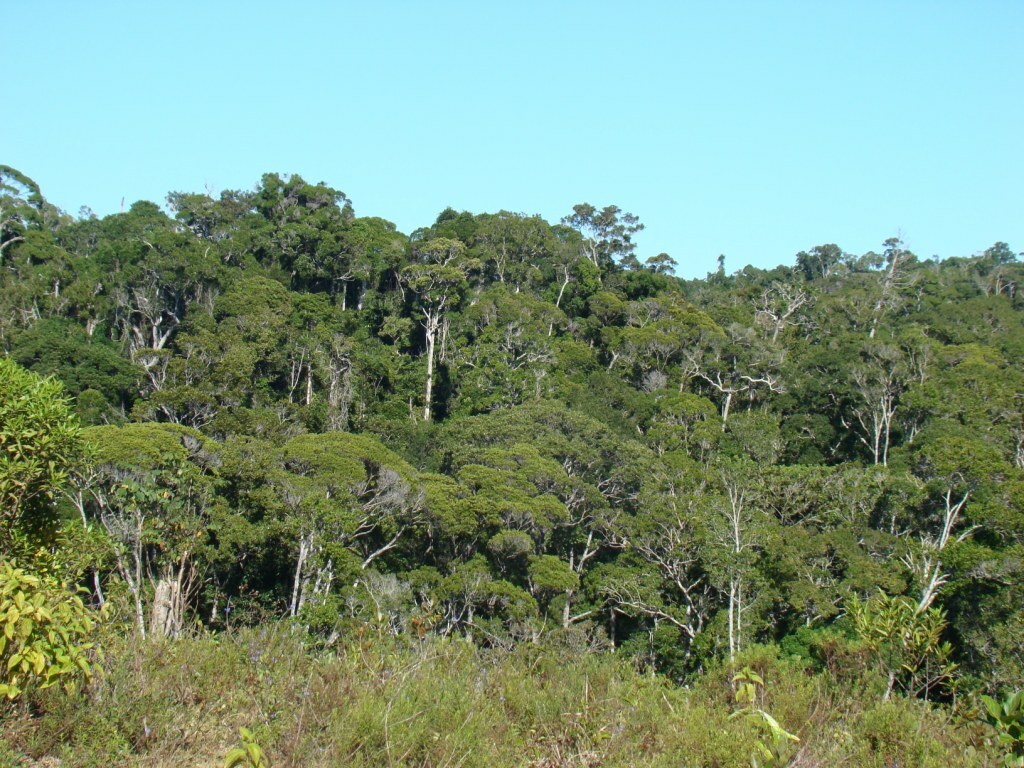
An estimated 3,000 plant species in Madagascar are still unknown to science. Credit: MBG-Madagascar
WLT’s project partner, Missouri Botanical Garden’s Madagascar Programme (MBG-Madagascar), needs your support to raise £586,250 to protect the Ankarabolava-Agnakatrika forests; a biologically and culturally significant region which was once part of one of Madagascar’s largest forest biomes.
Biodiversity in peril
The Ankarabolava-Agnakatrika forests are the native home of at least 50 threatened flora and fauna species and is the last remaining forested terrain in the Vangaindrano District. Despite its degraded status, this area has an impressively high rate of new species encounters and is comprised of a rare vegetation type. With an estimated 3,000 plant species yet to be documented by scientists in Madagascar, this special location is likely to host many more discoveries in the coming years.
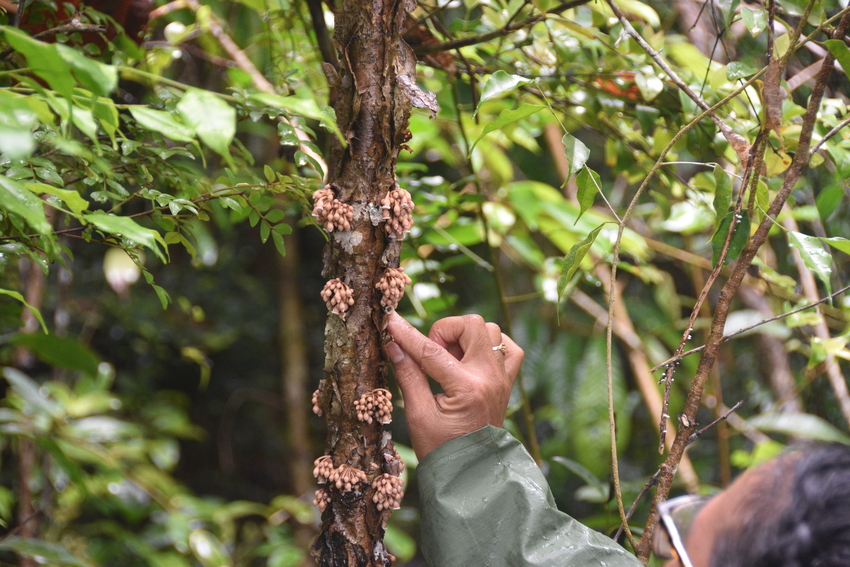
Botanist from MBG-Madagascar in Ankarabolava-Agnakatrika. Credit: Richard Cuthbert
Donating to our Madagascar: A Forest for the Future appeal, you will be supporting WLT partner MBG-Madagascar, the organisation leading the fight to protect this area since 2009. Action has already been taken by our partner to conserve 1,562 hectares (ha) of this important treescape by establishing it as a Protected Area. Sadly, the site continues to be affected by illegal logging, plantation agriculture, and slash-and-burn methods of crop cultivation, known locally as tavy. These issues are compounded by the intensifying climate crisis which brings increased cyclonic activity to the island, such as the cyclones which made landfall in February 2023. These devastating storms erode the forest’s perimeter, increasing the risk of wildfires.
As a supporter of the appeal, you will fund the creation of a 200-ha buffer zone surrounding Ankarabolava-Agnakatrika, restoring land and the forests’ resilience in seven strategic locations.
Preserving cultural and biological heritage
MBG-Madagascar will work alongside the local Antesaka people to ensure the longevity of the area and preserve a vital source of food, water, medicinal plants, and building materials. Protecting the forest means preserving irreplaceable cultural heritage, as well as the wellbeing and livelihoods of local people tied to this ecosystem.
If its significance for human communities wasn’t enough, it holds huge biological value too. Ankarabolava-Agnakatrika harbours many highly threatened animal species, including lemurs, which are one of the most urgent conservation priorities in Madagascar. MBG-Madagascar has sighted at least six species here, including currently unidentified species of dwarf lemur and mouse lemur, and the Critically Endangered White-collared Lemur, which is found in just two other protected areas.
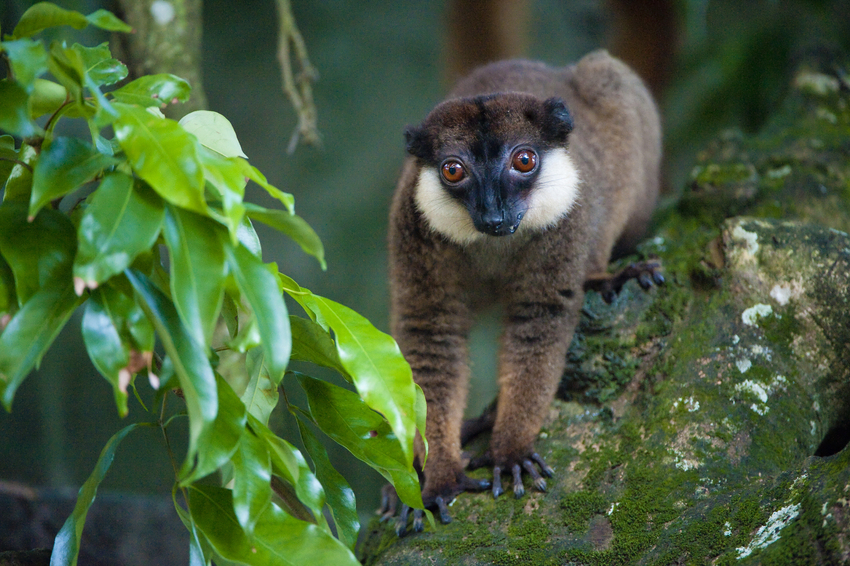
The Critically Endangered White-collared Lemur (Eulemur cinereiceps). Credit: Konrad Wothe
The forests are also the final location for many locally endemic plants and your donations will provide a sanctuary for 295 species of flora, such as the Hibiscus vohipahensis and several ebony tree species which are found nowhere else on Earth. These plants are vital to the health of the wider ecological system, with many being key food sources for threatened lemur populations.
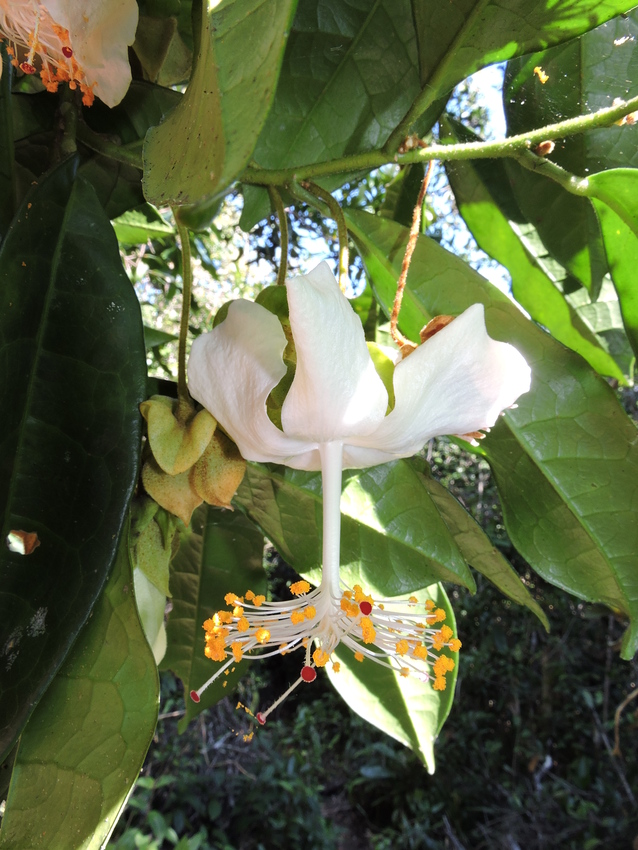
Hibiscus vohipahensis, an endemic species found only in the Ankarabolava-Agnakatrika forests. Credit: MBG-Madagascar
The MBG-Madagascar team recently discovered a currently unnamed tree species with just six remaining individuals, the fleshy fruits of which are a favourite in the lemur’s diet. Your generosity will enable the planting of 70 native plant species, half of which will provide food for the forest’s lemurs. This will help to increase their numbers, continuing their crucial role as seed dispersers which aids the long-term health of the Ankarabolava-Agnakatrika forests.
Funding the future
By making a donation to WLT’s Madagascar: A Forest for the Future appeal, you can:
- Propagate and plant 500,000 native trees between 2023 and 2028
- Restore degraded habitat for threatened lemurs, hawks, orchids and many other species
- Provide income for farmers whose land is no longer productive
- Increase the forest’s resilience to the effects of climate change
- Support the important work of plant nursery staff
- Secure sustainable employment for around 1,000 local people
- Help fund 12 new MBG-Madagascar rangers to patrol and protect the forest
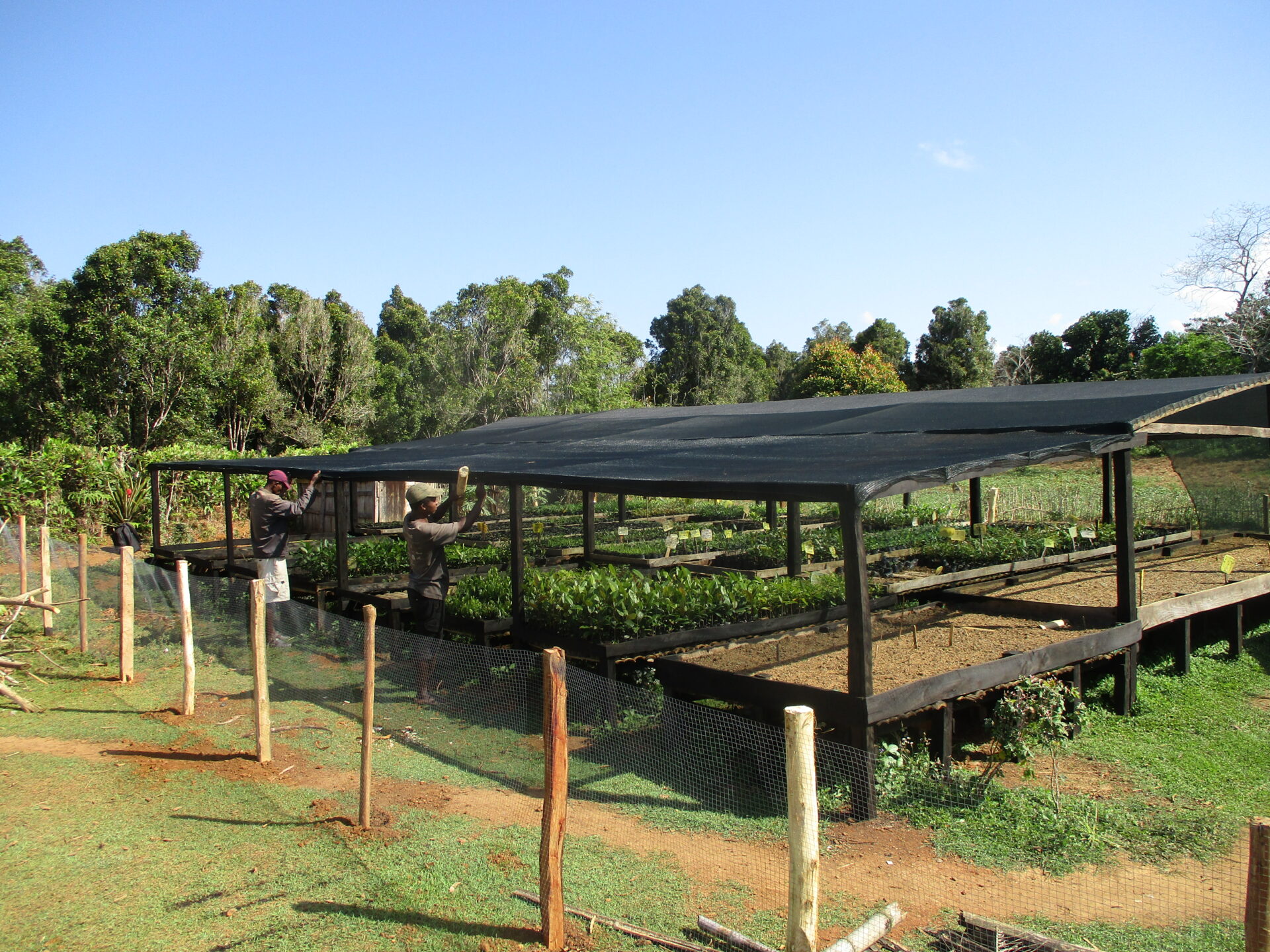
Plant nursery at MBG-Madagascar’s project site. Credit: David Rajaonarivelo
